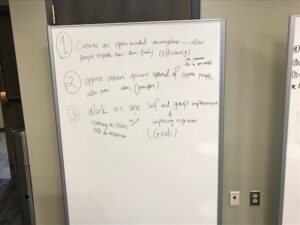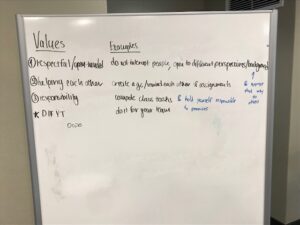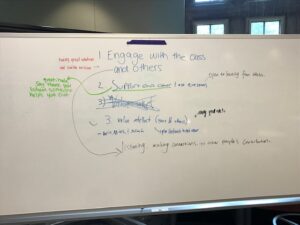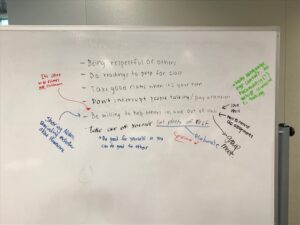Writing Our Way Out was definitely an insightful introductionary book to storytelling and real-life experiences of prisoners. It captured to a big extent not only the life as a prisoner but the whole story behind each individual, highlighting the origins and uniqueness of each individual, something that is frequently ignored when it comes to less privileged people. The course of the professor was a catalyst for the students not only to share about their backgrounds but to reflect on them, giving meaning and making a connection to their lifestyle.
A common theme among the prisoners was a form of abuse or marginalization even starting in their childhood. Whether they grew up in a limited-income household, without parents, or with abusive parents, they all developed traumas and were exposed to hurtful environments that could not easily escape from. This connotates the impact early life can have on people since the biggest part of our personality and character traits are developed during that time.
Another observation of the book is the tendency of people to assume people’s backgrounds. I am going to be honest, even, I was biased before reading this book, and up to an extent I still am what this book taught me is to listen to people and try to understand them. Punishing and judging people based on their actions may sound like justice and part of meritocracy but this takes a lot of parameters out of the game and is based on a lot of assumptions. We are not born equal and with the same privileges leading to people taking different lifepaths in life. That made me also think of the time we visited an underage prison in the capital while I was in middle school and I was shocked at how people my age could be in prison even though we share more in common than differences. Therefore, the book questions the justice system we currently use and incentivizes people of listening and think before coming to conclusions.




